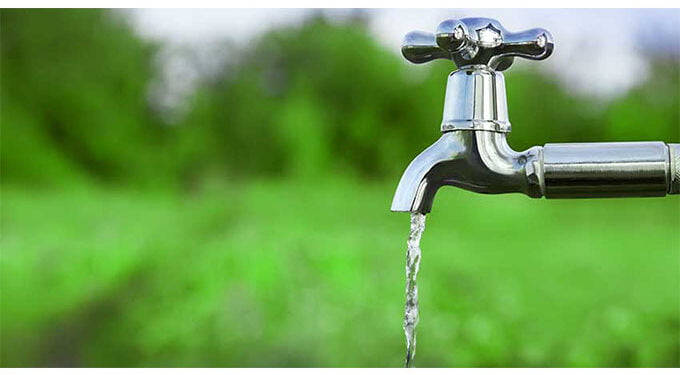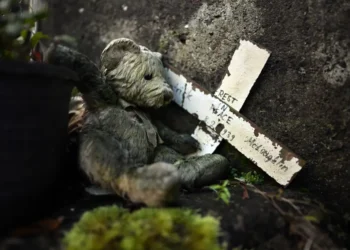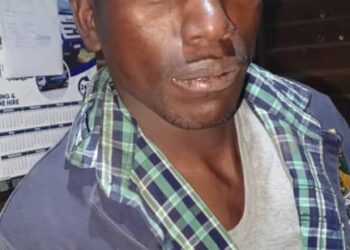PROVINCIAL Medical Director for Bulawayo Metropolitan Province Dr Maphios Siamuchembu has appealed to stakeholders to ensure that public health facilities get uninterrupted water supply so that healthcare services are provided in a clean environment in the wake of cholera and diarrhea outbreaks.
The call comes amid water supply interruptions at Mpilo Central Hospital that have prompted the hospital to resort to the use of boreholes. Dr Siamuchembu said while the Bulawayo City Council reiterates on paper that they do not effect water shedding at public hospitals, it was not the reality on the ground.
“Public hospitals have not been spared from the city’s chronic water problems. This has affected the delivery of healthcare services because linen as well as surgical instruments have to be washed. Our wish has always been for council to treat public healthcare facilities as a priority and spare them from water cuts. However, this is only done on paper but the reality is that we also succumb to water cuts. We have constantly engaged the local authority especially considering that the country is fighting cases of cholera and diarrhea,” said Dr Siamuchembu.
Bulawayo City Council (BCC) however, maintained its position that they do not effect water shedding at the city’s public health institutions, saying they were only affected by faults at the pumping stations, burst pipes and power cuts. This is despite the fact that public health facilities that include United Bulawayo Hospitals (UBH) and Mpilo Central Hospitals do not have dedicated water pipes that supply them. However, BCC director of engineering services Engineer Sikhumbuzo Ncube said institutions such as public health facilities were exempted from water shedding through re-zoning of the pipes. “We do not water shed hospitals as council. What happens is that at times we have burst pipes or faults at our pump stations or power cuts which may affect water supply to these facilities. We have technical measures that we implement where we re-zone our pipes to ensure that while the surrounding areas might be witnessing water shedding, water gets to the facilities,” said Eng Ncube.
Mpilo Central Hospital Chief Executive Officer Dr Narcisius Dzvanga said the hospital was resorting to boreholes to mitigate the water cuts. “What you should understand is that we do not have a separate water source from the community. We are therefore subjected to water cuts. But as a hospital we have five boreholes which supply us with water and we have gotten used to it. The boreholes are not connected to the council pipes, but people can access water from them. Actually the water cuts that you are asking about are not a new thing to us, we have always had them. It is not something abnormal,” said Dr Dzvanga.
In March Mpilo Central Hospital was affected by water shortages, with relatives forced to bring water for patients admitted to the referral hospital. Mpilo Central Hospital is the second largest medical centre in Zimbabwe after Parirenyatwa Hospital in Harare. It is a referral centre for Matabeleland North, Matabeleland South and Midlands Provinces. It has a school of nursing as well as a school of midwifery, both of which are located within the hospital campus. United Bulawayo Hospital (UBH) and Ingutsheni Hospital are other major medical centres in the city that have constantly been affected by water shortages. BCC has also announced water cuts across the city owing to power outages until the electricity situation improves.
Source Zimbabwe Situation









